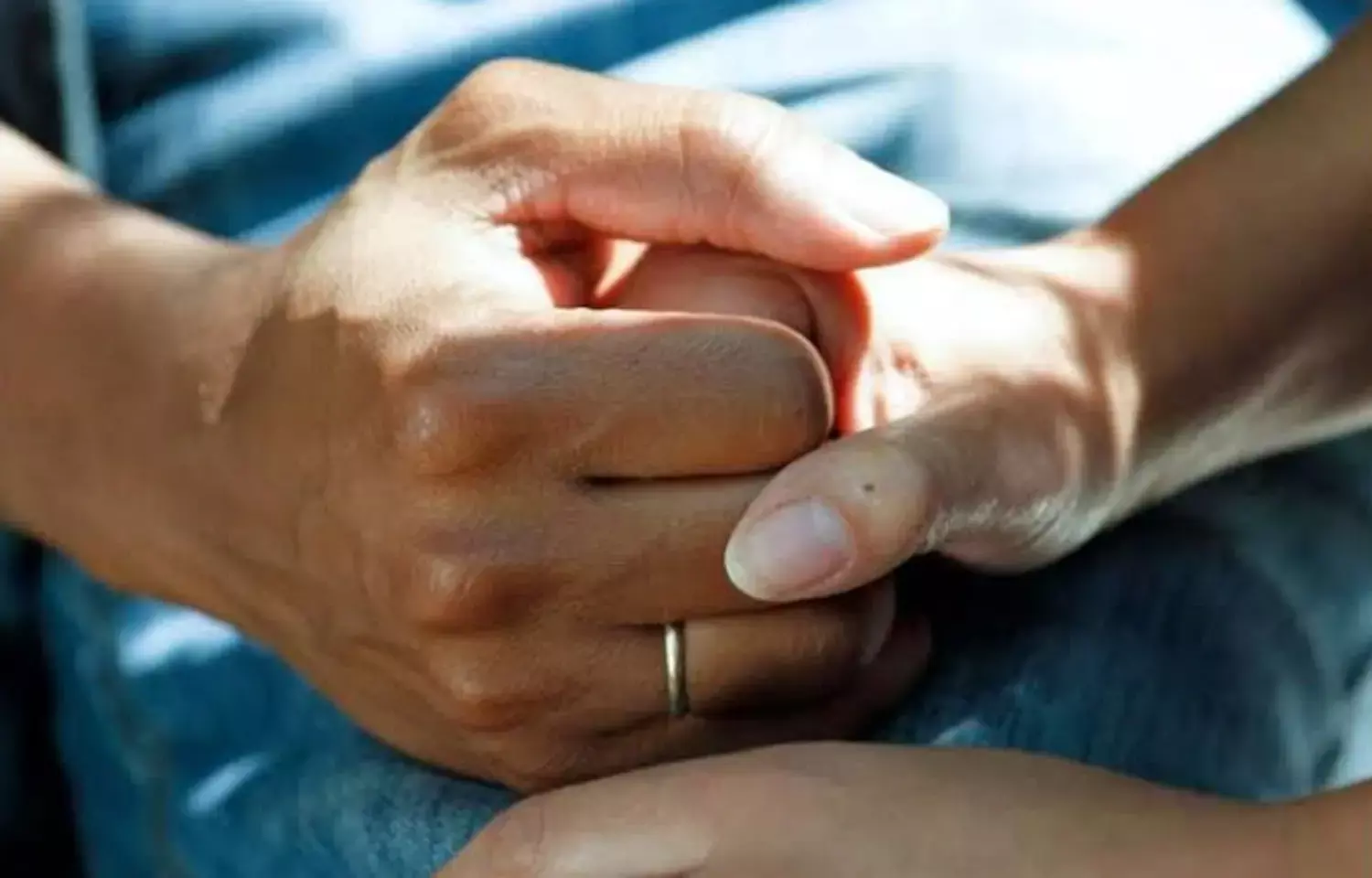- Home
- Medical news & Guidelines
- Anesthesiology
- Cardiology and CTVS
- Critical Care
- Dentistry
- Dermatology
- Diabetes and Endocrinology
- ENT
- Gastroenterology
- Medicine
- Nephrology
- Neurology
- Obstretics-Gynaecology
- Oncology
- Ophthalmology
- Orthopaedics
- Pediatrics-Neonatology
- Psychiatry
- Pulmonology
- Radiology
- Surgery
- Urology
- Laboratory Medicine
- Diet
- Nursing
- Paramedical
- Physiotherapy
- Health news
- Fact Check
- Bone Health Fact Check
- Brain Health Fact Check
- Cancer Related Fact Check
- Child Care Fact Check
- Dental and oral health fact check
- Diabetes and metabolic health fact check
- Diet and Nutrition Fact Check
- Eye and ENT Care Fact Check
- Fitness fact check
- Gut health fact check
- Heart health fact check
- Kidney health fact check
- Medical education fact check
- Men's health fact check
- Respiratory fact check
- Skin and hair care fact check
- Vaccine and Immunization fact check
- Women's health fact check
- AYUSH
- State News
- Andaman and Nicobar Islands
- Andhra Pradesh
- Arunachal Pradesh
- Assam
- Bihar
- Chandigarh
- Chattisgarh
- Dadra and Nagar Haveli
- Daman and Diu
- Delhi
- Goa
- Gujarat
- Haryana
- Himachal Pradesh
- Jammu & Kashmir
- Jharkhand
- Karnataka
- Kerala
- Ladakh
- Lakshadweep
- Madhya Pradesh
- Maharashtra
- Manipur
- Meghalaya
- Mizoram
- Nagaland
- Odisha
- Puducherry
- Punjab
- Rajasthan
- Sikkim
- Tamil Nadu
- Telangana
- Tripura
- Uttar Pradesh
- Uttrakhand
- West Bengal
- Medical Education
- Industry
Urine of COVID-19 patients could predict who will develop severe disease

Rockville, Md. -Urine analysis of COVID-19 patients revealed elevated levels of specific biomarkers of the immune system compared to those who were not infected with the coronavirus. In addition, levels of these inflammatory markers were higher in patients with comorbidities such as high blood pressure and diabetes, according to researchers from Wayne State University in Detroit. The findings will be presented virtually at the American Physiological Society's (APS) annual meeting at Experimental Biology 2021.
Currently, the most accurate test for the new coronavirus, SARS-CoV-2, is RT-PCR. However, it can take a day or more on most RT-PCR platforms to obtain results, and the technology may be too expensive for some hospitals and clinics.
The identification of genetic material of the virus by RT-PCR is the gold standard test, but its sensitivity is not satisfactory. The diagnosis of COVID-19 should be based on clinical data, epidemiological history, tests for etiological diagnosis, and tests to support the diagnosis of the disease and/or its complications. New diagnostic methods with higher sensitivity and specificity, as well as faster results, are necessary.
Researchers said they undertook this study in hopes of determining whether biomarkers of COVID-19 could predict which individuals will develop "overly exuberant immune responses," also called a cytokine storm. They chose to screen the urine of COVID-19 patients because of its non-invasive nature that doesn't require the use of needles or blood samples.
Scientists said they hope the results of this study will translate to a regular screening process for COVID-19 patients to predict who is more likely to develop severe disease and to aid in a successful treatment strategy.
Hina Zahid Joined Medical Dialogue in 2017 with a passion to work as a Reporter. She coordinates with various national and international journals and association and covers all the stories related to Medical guidelines, Medical Journals, rare medical surgeries as well as all the updates in the medical field. Email: editorial@medicaldialogues.in. Contact no. 011-43720751
Dr Kamal Kant Kohli-MBBS, DTCD- a chest specialist with more than 30 years of practice and a flair for writing clinical articles, Dr Kamal Kant Kohli joined Medical Dialogues as a Chief Editor of Medical News. Besides writing articles, as an editor, he proofreads and verifies all the medical content published on Medical Dialogues including those coming from journals, studies,medical conferences,guidelines etc. Email: drkohli@medicaldialogues.in. Contact no. 011-43720751


